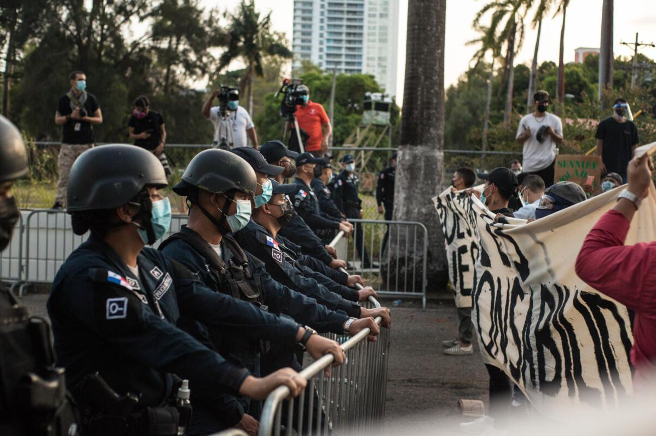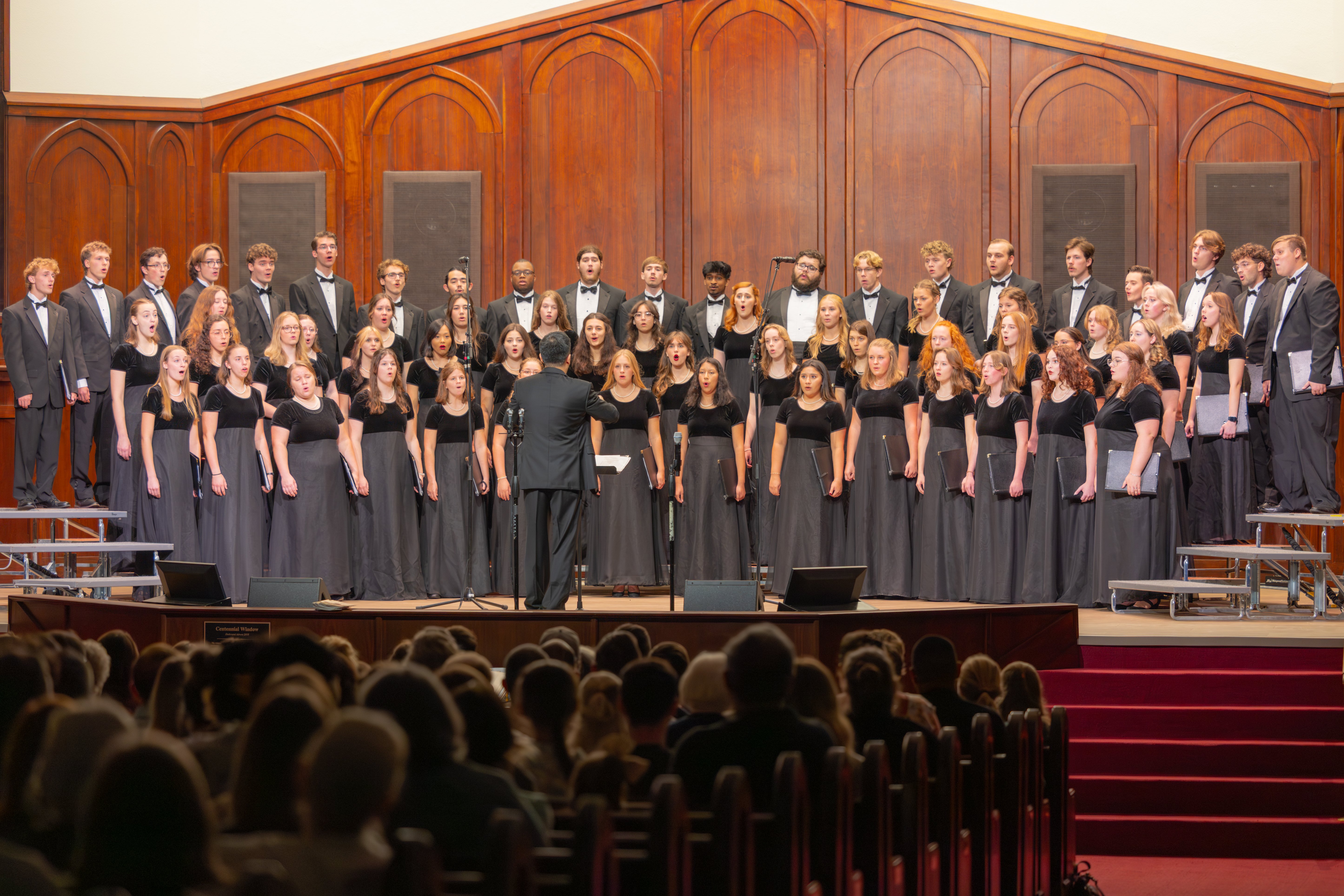![]()
Panamanian youth fiercely protested after a Feb. 10 National Assembly of Panama report revealed that more than a dozen government-funded foster care homes covered up years of psychological, physical and sexual abuse towards children and teenagers—perpetrated by their caretakers.
The report revealed that in around 14 shelters—under the supervision and funding of the National Secretary of Childhood, Adolescent and Family (SENNIAF)— had atrocious cases of rape, forced abortions, sex trafficking and psychological abuse. The evidence suggests the abuse had happened for at least four years.
The investigation by the National Assembly’s commission started only after the independent news outlet Foco Panama exposed the crimes in “La Fundación Chilibre Panamá (FUNCHIPA)” – one of the 14 shelters mentioned –in Aug. 2020.
Following the newspaper’s allegations, SENNIAF took over the shelter, shutting it off and firing the entire staff. The shelter housed 50 children who were left uncertain of what would happen to them. SENNIAF announced its actions to the public without appropriately explaining what had occurred there. The shelter was under investigation due to “irregularities”, SENNIAF said.
Notwithstanding, Foco’s investigation unveiled the real nightmare that took place at FUNCHIPA. The children—no matter their age—were handcuffed, isolated and threatened daily so that the “caretakers” would not have to deal with them. One specific case included a teen on the autism spectrum that was sedated and handcuffed constantly by the staff. Many underaged girls were reportedly in “relationships” with older men, and these men would even spend the night in the center. SENNIAF director, Sara Rodriguez, claimed to be unaware of everything going on, despite overseeing these centers
But the barbarities that occurred at FUNCHIPA were only a few pages of the 700-page report published by the Panamanian Assembly on the SENNIAF case. This extensive document detailed the horrific crimes committed at several shelters across the country. Walkiria Chandler, supplant deputy and member of the investigation committee, shared many of these details with the media. “The kids were in malnourished conditions, their rooms lack bedding and looked just like prison cells,” said Chandler.
In some cases, revealed Chandler, the homes would collect the universal scholarship given to any child enrolled in school without recording what they would be invested in, and most of the shelters were not providing the required virtual classes.
Other inhumane treatments these children receive included physical, sexual and psychological abuse. The children were denied most meals—hence the malnourishment—orin worst cases were fed dog food. Girls and boys were abused constantly by high-risk adults that were also sent to these shelters, and were even forcedly “trained” as escorts and taken to several adult events where more sexual abuses were perpetrated.
Teenagers were, in some cases, forced to have abortions. In other more religiously affiliated shelters, abortions were denied, despite a Panamanian law that requires abortions be provided to minors in sexual abuse cases. It is alleged that girls would be punished and yelled at by the religious leaders that “abortion would condemn them to hell.”
Moreover, children with diagnosed mental disorders were denied their medications, with the excuse that “praying would cure their illness.” These included children with severe cases of epilepsy. Evidence shows that most of the abuses were perpetrated on children with disabilities and mental illnesses.
“Given the corrupt nature of the institution, it was only a matter of showing interest in opening a foster care hostel, and SENNIAF—without any background investigation—would hand the custody of the minors to anyone,” concluded Chandler on her statements to the media.
These abuses had been happening for decades, and most SENNIAF employers knew about the issue but were hesitant to come forward because anyone who tried to speak up was silenced and fired from their positions.
After the report went public, citizens had one obvious response: outrage. The Panamanian youth took to the streets and started a series of protests demanding justice for their children. The protests continued to take place a month after the report was published. More importantly, the protesters are determined to continue demanding justice until it is given.
Although the protests have already helped put some pressure on the government, Panamanian protesters are not content after SENNIAF announced the resignation of many corrupt SENNIAF directives.
Panamanian President, Laurentino Cortizo, waited several days before finally addressing the scandal. In his statement, he expressed his outrage towards these crimes. He promised exemplary punishment to the perpetrators, but then informed his citizens that SENNIAF would be filing the criminal complaints against their own case.
It was later reported that this doesn’t exempt them from their responsibility or their role in the atrocities. Panamanians remain skeptical.
The protests continued this month, and until the case is resolved, protesters claimed they would continue fighting for their children.
Photo courtesy of Foco Panama





